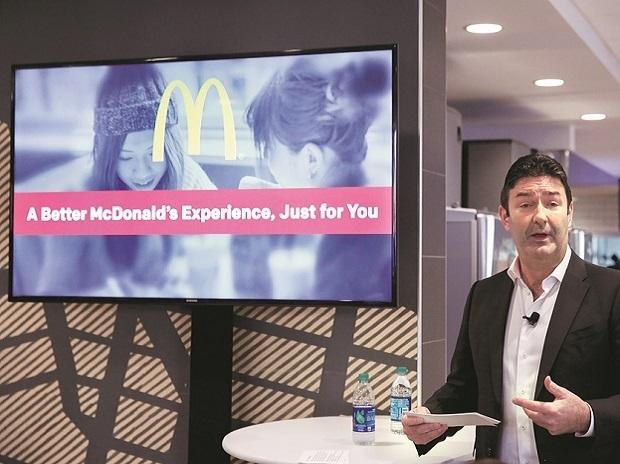Eight months had passed since McDonald’s fired its chief executive, Steve Easterbrook, for sexting with a subordinate. Easterbrook had apologised and walked away with tens of millions in compensation, and the fast food chain had moved on under a new chief executive.
Then, last month, an anonymous tipster made a fresh allegation: Easterbrook had a sexual relationship with another McDonald’s employee while he was running the company.
On Monday, that accusation ignited a rare public war between a major company and its former leader: McDonald’s filed a lawsuit against Easterbrook, accusing him of lying, concealing evidence and fraud.
The lawsuit, filed in state court in Delaware, alleges that Easterbrook carried on sexual relationships with three McDonald’s employees in the year before his ouster and that he awarded a lucrative batch of shares to one of those employees. McDonald’s said it was seeking to recoup stock options and other compensation that the company last fall allowed Mr. Easterbrook to keep — a package worth more than $40 million, according to Equilar, a compensation consulting firm.
A lawyer for Easterbrook didn’t immediately respond to requests for comment on Monday morning.
The lawsuit represents an extraordinary departure from the traditional disclose-it-and-move-on decorum that American corporations have often embraced when confronted with allegations of wrongdoing by senior executives. More than a few chief executives in recent years have lost their jobs following allegations of sexual or other misconduct, but for the most part they have departed quietly and the companies haven’t aired the ugly details. In the #MeToo and Black Lives Matter eras, however, more companies are striving to position themselves as good corporate citizens, responsible not only to shareholders but also to customers, employees and society at large. Easterbrook’s successor at McDonald’s, Chris Kempczinski, has called for a new corporate emphasis on integrity, inclusion and supporting local communities. “McDonald’s does not tolerate behaviour from any employee that does not reflect our values,” Mr. Kempczinski wrote in an internal memo reviewed by The New York Times.
He added, “As we recommit to our values, now, more than ever, is the time to lean in to what we stand for and act as a positive force for change.”
McDonald’s is among a tiny number of major firms to publicly — and with unconcealed anger — go after a recently departed chief executive. CBS’s firing of Leslie Moonves, in which the television firm accused him of obstructing an internal investigation, is one of the few other examples. (Moonves claims he is entitled to a $120 million severance package. The dispute is now in arbitration.)
